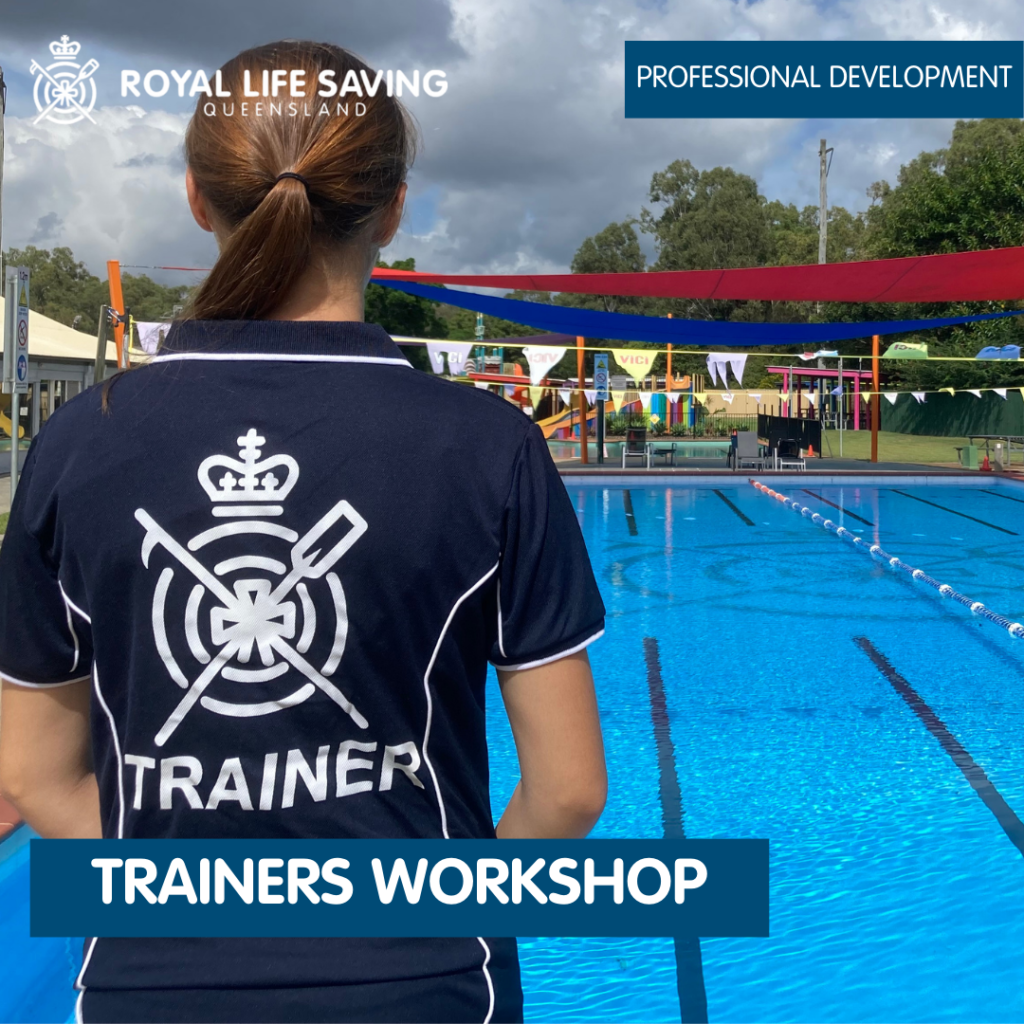
Trainers Workshop is for existing and new trainers and assessors who are (or wish to be) registered to deliver training and assessment services with Royal Life Saving Society Queensland Inc RTO 5431.
Our next Trainers Workshop that is scheduled for 12 & 13 August 2023 will cover the new sport units.
Scheduled Workshops
- 12 & 13 August 2023 Trainers and Assessors Network
- 14 November 2023
- 20 February 2024
- 19 May 2024
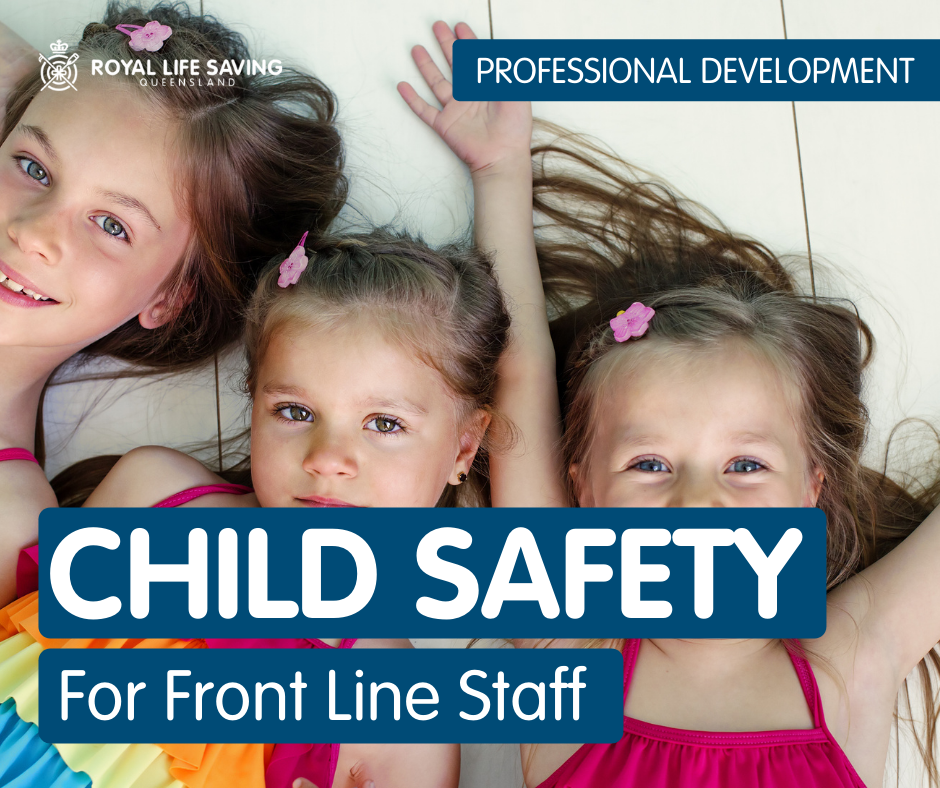
Child Safety for Front Line Staff is designed for swim teachers, program instructors, pool lifeguards, and any other staff that comeinto regular contact with children through their role at an aquatic facility, swim school or similar.
It focuses on equipping learners with knowledge and skills around appropriate and inappropriate conduct, identifying abuse – including identifying grooming behaviours, obligations and best practice around responding to and reporting abuse or suspected abuse.
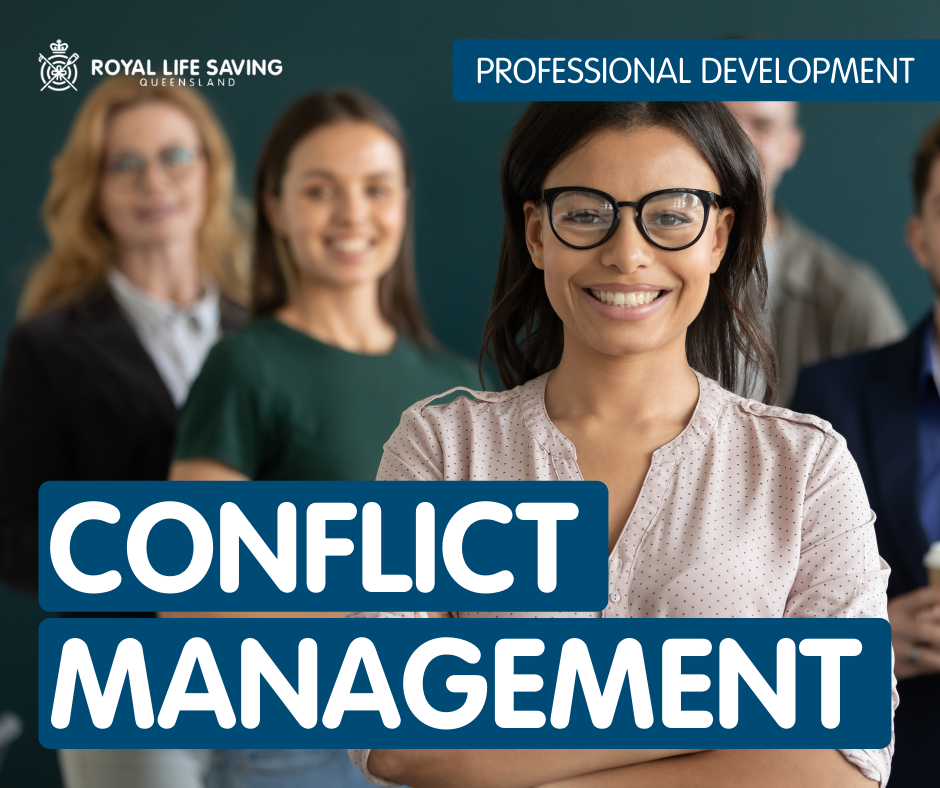
Aquatic Industry – Conflict Management is for any individual who works in the aquatic industry that wishes to upskill their communication skills and learning stratergies. They may be a swim teacher, lifeguard, trainer or manager. Conflict can range from many situations from children to parents, to colleagues, and having this skill can ensure your working environment is less challenging.
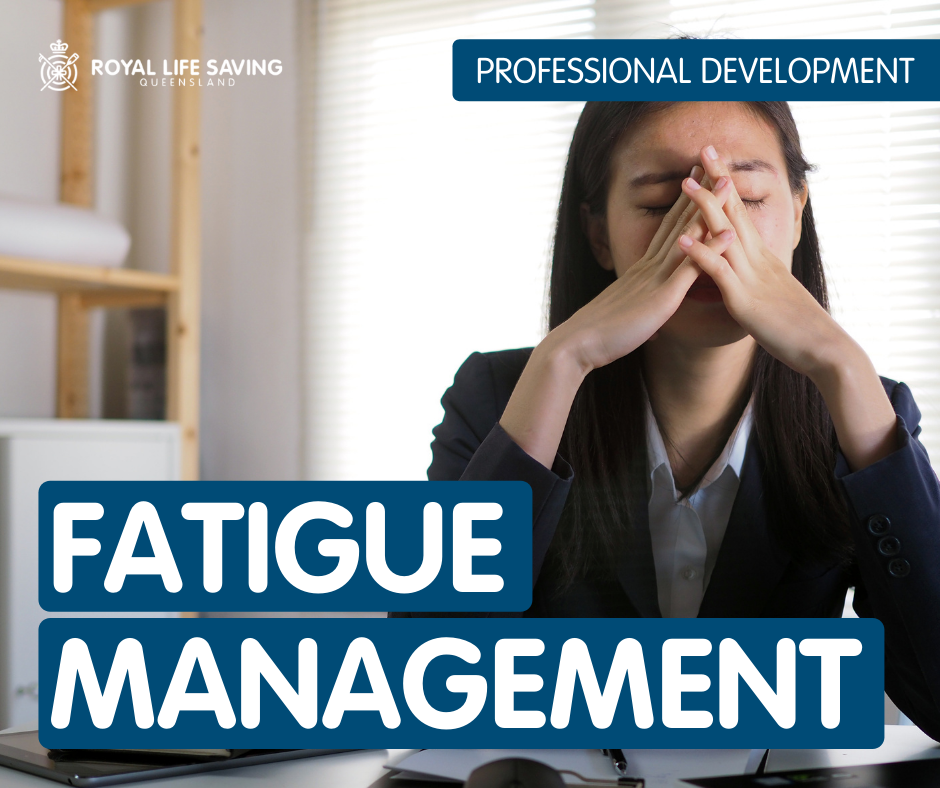
Fatigue Management looks at understanding what fatigue is and delves into the broad science underpinning our knowledge or fatigue at a body-systems level. It looks at the causes, symptoms and effects of fatigue in the context of lifeguarding in particular. It then moves on to look at how to manage fatigue in a work-related and non-work related context and provides specific advice for organisations and individuals on the countermeasures that can be taken.
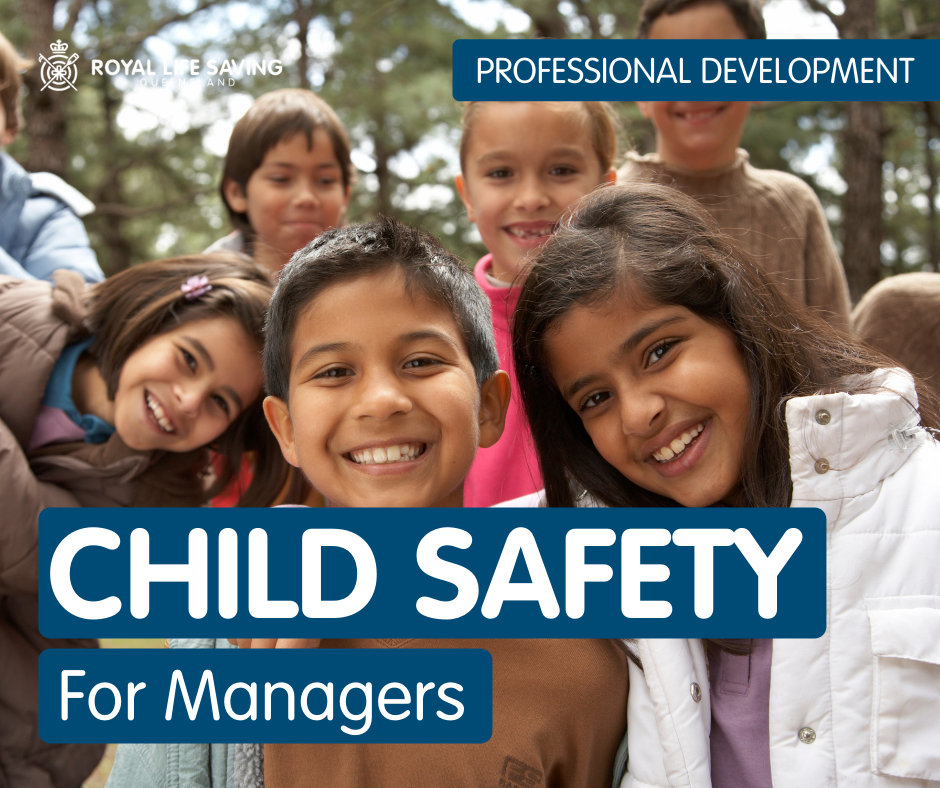
Child Safety for Managers is designed for those in leadership and management roles within an aquatic industry organisation and for any role that requires leadership and oversight on child safety e.g. Child Safety Officer.
It covers the same content as the Frontline version, but also looks more closely as what can be done at an organisational level, in terms of installing and promoting a child safety culture, using the 10 Child Safe Standards as a guiding framework, and effectively managing risks to children’s safety at all levels.
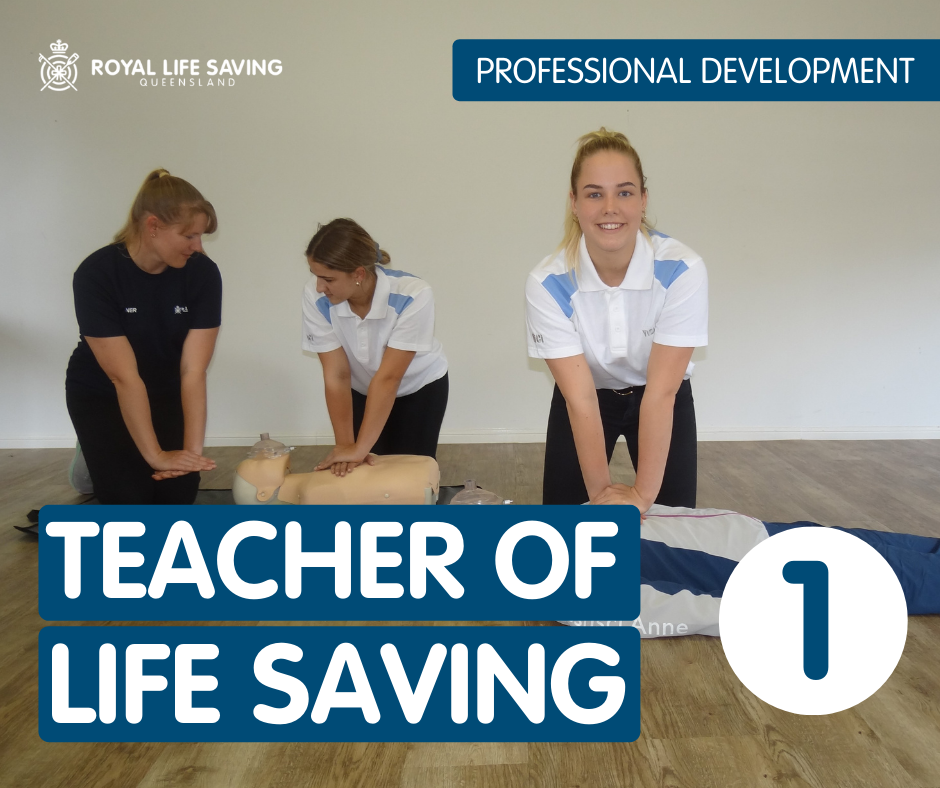
Teacher of Lifesaving is designed to upskill current Swimming and Water Safety Teachers or Physical Education Teachers by providing the context, technique and teaching stratergies for a range of lifesaving skilld, including personal survival, rescuer and resuscitation.
The course acknowledges that teachers have varying degrees of prior knowledge and skills and seeks to build on this expertise. It asks teachers to reflect on the context and theory that underpins skills, address gaps to improve learner outcomes and overall program quality, and reflect on their personal teaching practices.
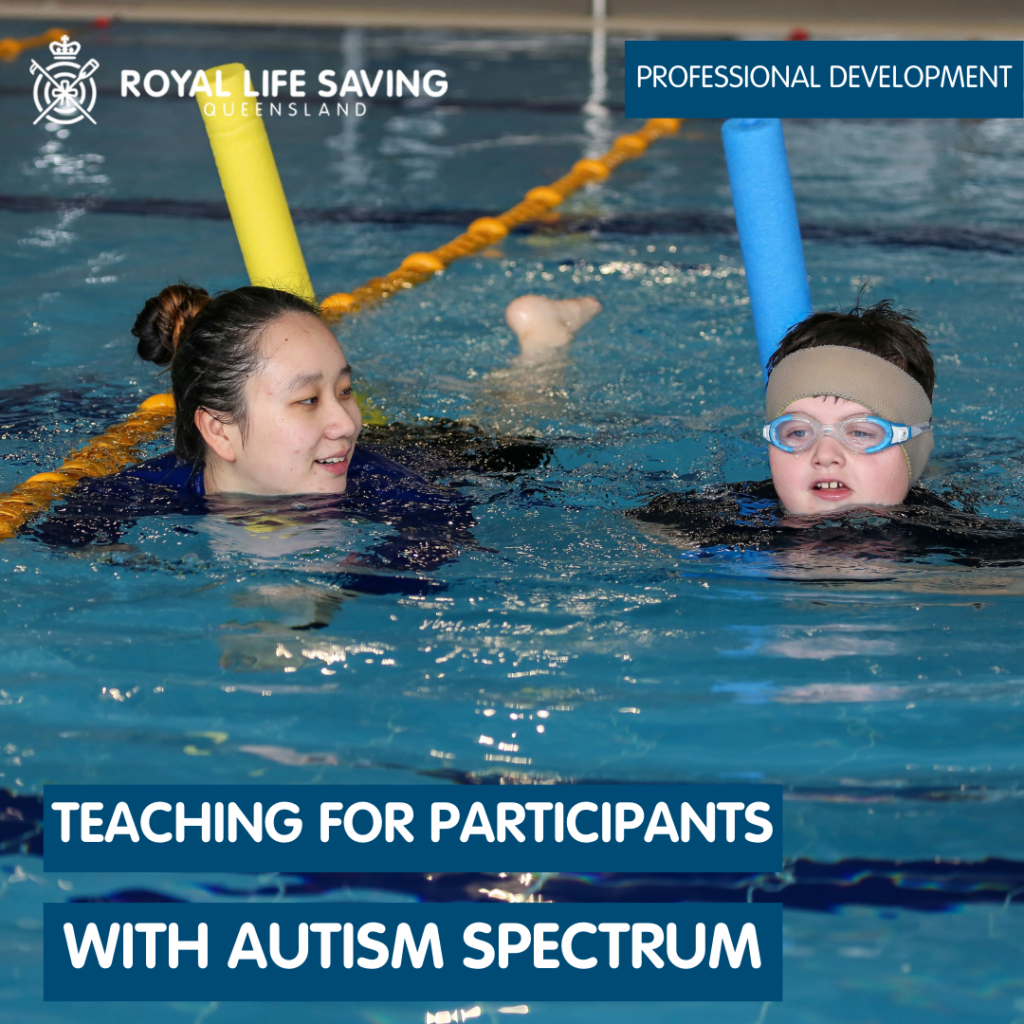
Teaching for participants with Autism Spectrum is designed for Swim Teachers that are starting out in this area of specialised teaching, or those with experience looking to test and update their knowledge and skills.
The combination of knowledge building and practical tips and stratergies will give teachers the ability to move forward with confidence and clarity and deliver highly effective and enjoyable lessons in this rewarding but sometimes challenging area.
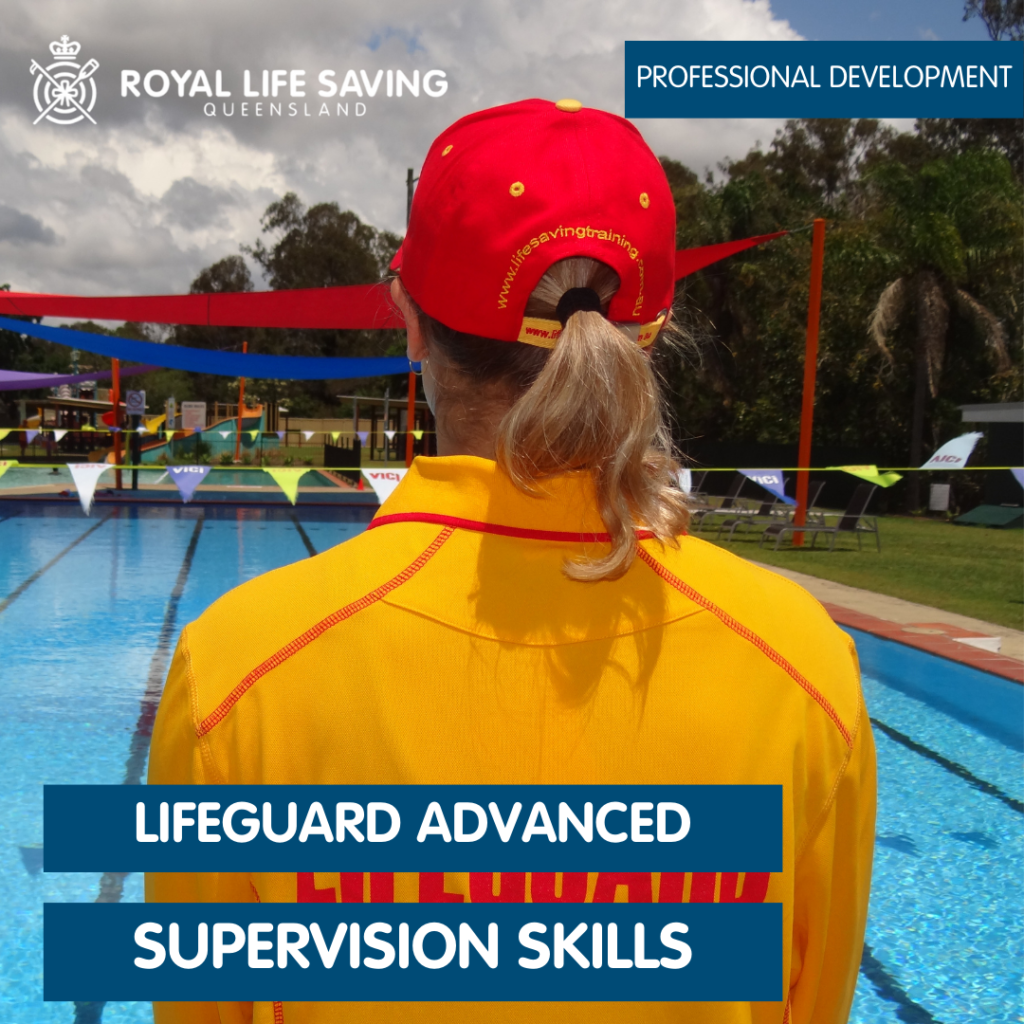
Lifeguarding Advanced Supervision Skills combines the latest research with hands-on experience and expertise of Royal Life Saving Lifeguards and Lifeguard Trainers to provide a learning experience that covers ground-breaking, technical content in a highly engaging and easy-to-digest format.
The module is targeted at Lifeguards with a degree of experience that are looking to evaluate and extend their current knowledge and skills as well as meet their professional development obligations.
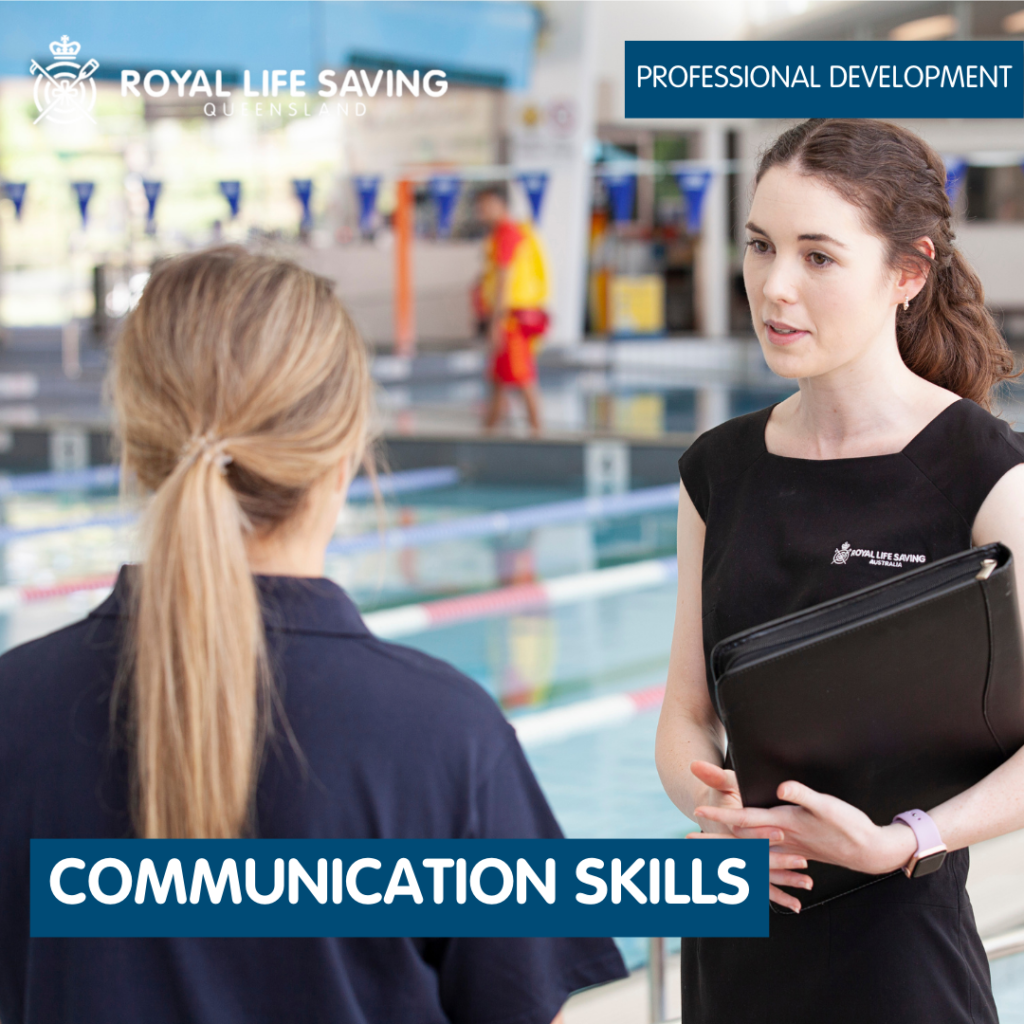
Communication Skills module will lead to a better understanding and appreciation of the fact that even though communication is a skill we all have, it is very much a skill that can be improved, especially in a workplace context. Beyond that, it will give you practical tips and techniques that will serve you well in any professional or personal setting.
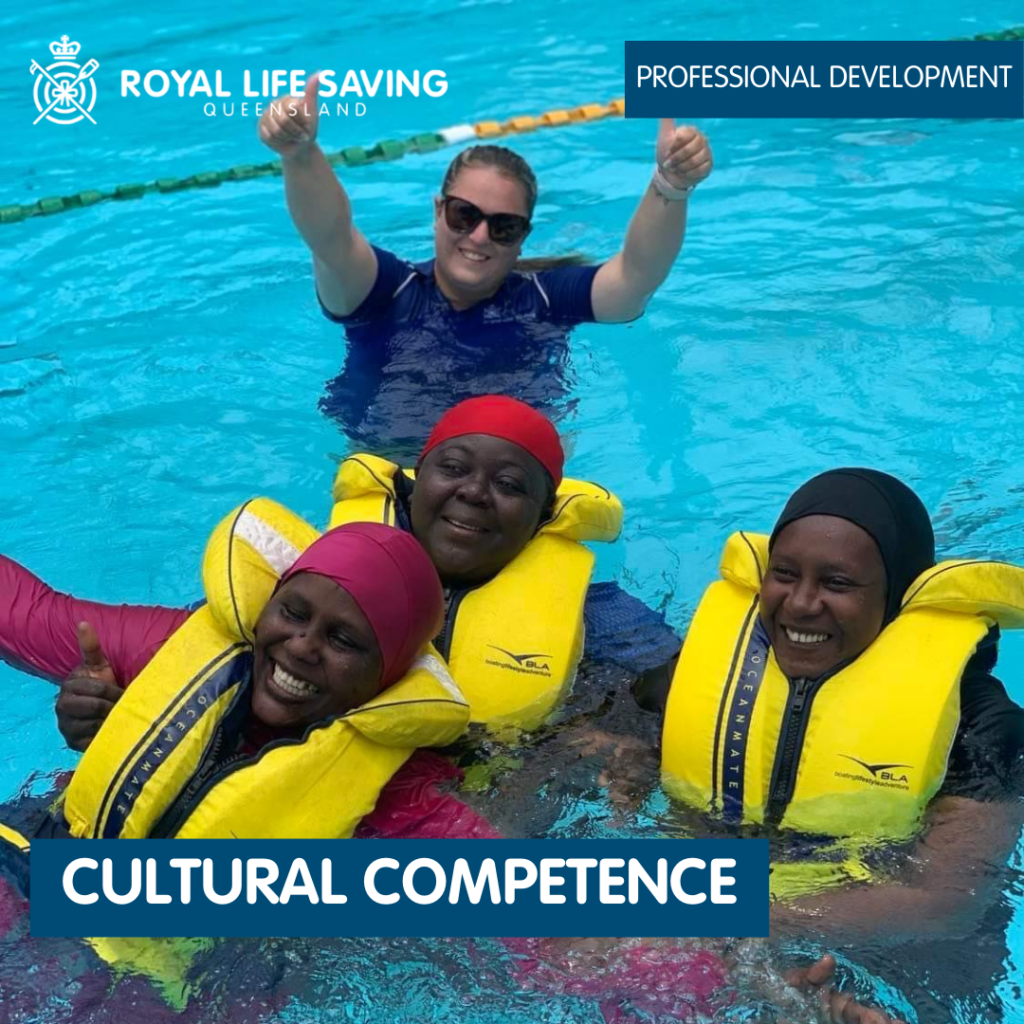
The Cultural Competence Program is directly aimed for staff working in the aquatic and community recreation sector. It is designed to enable workers to gain a better, broader, and deeper understanding of the needs of communities from other countries when it comes to attending an aquatic facility, accessing a public swimming pool and being involved in a formal swimming program.
Completing the program will ensure aquatic sector staff gain practical skills and cultural specific knowledge that they can apply at the workplace and in everyday life.
